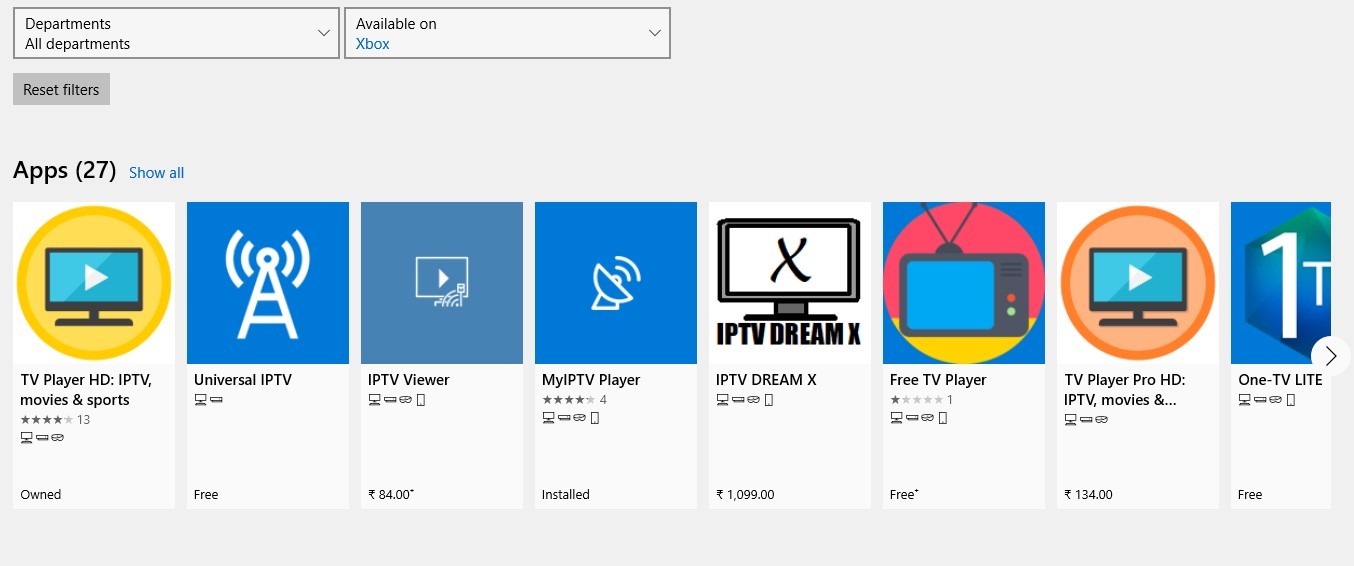
Do you have a larger than average library? Again, if yes, it's obviously useful there as it can potentially save a lot of time messing around rebuilding a library again & again on any new or reset Kodi devices in the future.) If the answer is yes, based on your usage & what you've explained so far, you may find MySQL could prove helpful.

If the answer is no then simply disregard the rest below lol. Do you have a device you keep running 24/7? (Essentially to act as your server, such as a Win or Mac PC, or some Linux OSs' work too? (It's not absolutely essential as Kodi can even use "Wake on LAN" to wake the server as required, but it's generally preferred to have a constantly running server/device.)) Do you have more than one Kodi device that you're separately maintaining the same library on each manually? (MySQL is still a very useful option even if you do only run one Kodi device, but the ability of having a centralised database for multiple clients is one of the main reasons many look into using it to begin with.)Ģ. However, it's really only worth considering depending on your answer to two questions.ġ. (In the simplest of terms, among many other uses & features it kind of acts like your own private/local Trakt service specifically for your Kodi library/database & clients.) Obviously no need to create a 3rd party account/profile that holds/shares all your viewing activity too. Īnother useful option you could also consider is a MySQL Kodi server, (both & I use MySQL too albeit from dedicated NAS devices). I'm simply including the FYI so that you're aware of the flip side of the "Trakt coin". The upsides are obviously apparent & I have an account myself. And, don't get me wrong lol, I'm not trying to put you off Trakt.


 0 kommentar(er)
0 kommentar(er)
